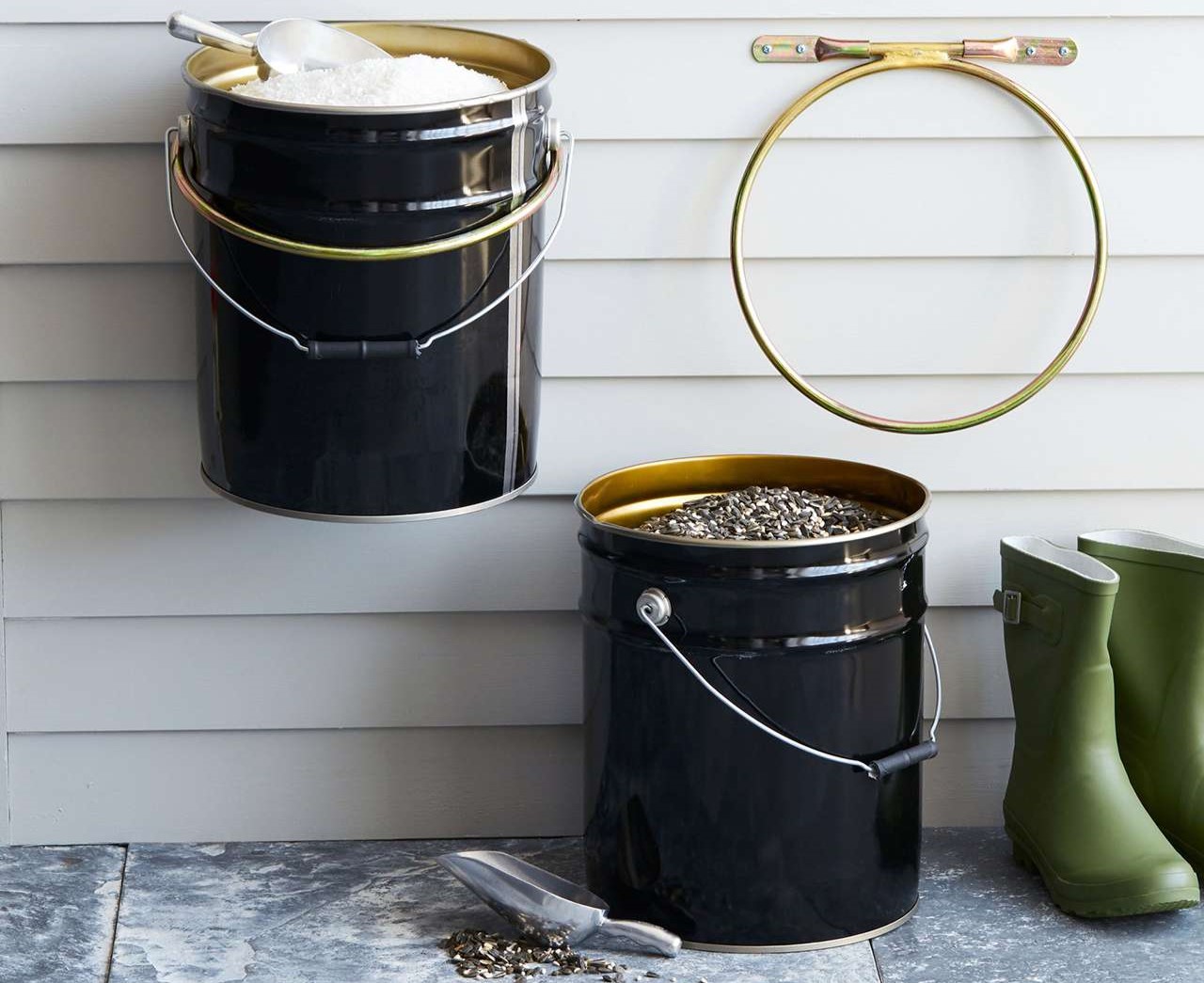

Articles
How To Store Bird Seed
Modified: January 6, 2024
Learn the best ways to store bird seed in this informative article. Discover tips and tricks for keeping your bird seed fresh and attracting a variety of feathered friends to your backyard.
(Many of the links in this article redirect to a specific reviewed product. Your purchase of these products through affiliate links helps to generate commission for Storables.com, at no extra cost. Learn more)
Introduction
When it comes to feeding our feathered friends, providing them with fresh and nutritious bird seed is essential. However, proper storage of bird seed is often overlooked, leading to spoilage, pests, and a waste of resources. In this article, we will dive into the world of bird seed storage and explore the best practices to keep your bird seed dry, fresh, and inviting to our avian companions.
Choosing an appropriate storage container, cleaning and drying it thoroughly, and implementing preventive measures to avoid pest infestation are key factors in maintaining the quality of bird seed. Whether you store the bird seed indoors or outdoors, there are strategies to ensure its longevity and appeal to birds.
By following these tips and tricks, you can extend the shelf life of your bird seed, minimize waste, and enjoy the company of a delightful array of birds in your backyard. So, let’s embark on this adventure and learn how to store bird seed effectively.
Key Takeaways:
- Proper bird seed storage involves choosing the right container, cleaning it thoroughly, and implementing pest prevention measures. This ensures fresh, nutritious meals for our feathered friends and a delightful bird-watching experience.
- Whether storing bird seed indoors or outdoors, maintaining a clean environment, monitoring seed quality, and practicing FIFO rotation are essential. By following these tips, you can create a safe and inviting space for your avian visitors while minimizing waste.
Read more: Where To Store Bird Seed
Choosing the Right Storage Container
When it comes to storing bird seed, choosing the right container is crucial. You want a container that is durable, airtight, and able to keep out moisture and pests. Here are a few options to consider:
- Plastic Containers: Plastic containers are a popular choice for storing bird seed due to their affordability and durability. Look for containers made from heavy-duty plastic that can withstand outdoor conditions. Opt for containers with tight-fitting lids to ensure an airtight seal.
- Metal Containers: Metal containers, such as galvanized steel or aluminum, are another excellent option for bird seed storage. They are resistant to pests and provide extra protection against moisture and humidity. Make sure the container is rust-resistant and has a secure locking mechanism.
- Glass Jars: Glass jars are a stylish and eco-friendly choice for storing smaller quantities of bird seed. They are transparent, allowing you to easily see the amount of seed left. Look for jars with airtight lids to preserve freshness.
- Food-Grade Buckets: Food-grade buckets, often made from high-density polyethylene (HDPE), are a reliable choice for storing larger quantities of bird seed. These buckets are designed for storing food items and can keep out pests effectively. Ensure the bucket has a tight-fitting lid and consider adding a rubber gasket for an extra seal.
Regardless of the material you choose, it’s important to clean and dry the storage container before filling it with bird seed. This helps remove any dust or contaminants that may be present, ensuring a clean environment for the seeds. Additionally, avoid using containers that previously held chemicals or other non-safe substances, as these can contaminate the bird seed.
By selecting the right storage container, you can protect your bird seed from the elements, pests, and spoilage, ensuring that your feathered friends are always treated to fresh and delicious meals.
Cleaning and Drying the Storage Container
Before storing bird seed in a container, it’s essential to thoroughly clean and dry the container to maintain the seed’s freshness and prevent any potential contamination. Follow these steps to ensure a clean and hygienic storage environment:
- Empty the Container: Start by emptying out any remaining bird seed or debris from the container. Dispose of any spoiled or moldy seed.
- Wash with Mild Soap and Water: Next, wash the container with a mild dish soap or a mixture of vinegar and water. Use a sponge or brush to scrub the container, paying close attention to any corners or crevices where residue may accumulate.
- Rinse Thoroughly: Rinse the container with clean water to remove any soap residue. Make sure to rinse multiple times to ensure all traces of soap are gone.
- Dry Completely: After rinsing, allow the container to air dry completely. To speed up the drying process, you can use a clean towel or cloth to dry the inside and outside of the container. Ensure there is no moisture remaining, as this can lead to mold growth or spoilage of the bird seed.
It’s essential to clean the storage container regularly, especially between refills, to prevent the buildup of bacteria or mold. Regular cleaning can also help remove any oils or substances that may attract pests. Aim to clean the container every few months or as needed, depending on the usage and environmental conditions.
Additionally, it’s important to store bird seed in a dry location, away from excess humidity or moisture. Moisture can lead to mold growth, which can contaminate the bird seed and pose a health risk to birds. Choosing a well-ventilated storage area and keeping the container tightly sealed can help keep the seed dry and extend its shelf life.
By properly cleaning and drying the storage container, you can maintain a clean and hygienic environment for your bird seed, ensuring that it remains fresh, safe, and enticing for your feathered visitors.
Keeping Bird Seed Dry and Fresh
One of the most important aspects of proper bird seed storage is ensuring that it stays dry and fresh. Moisture can lead to mold growth, spoilage, and a loss of nutritional value. Here are some strategies to help you keep your bird seed dry and irresistibly fresh:
- Use Moisture-Resistant Containers: As mentioned earlier, choose storage containers that are airtight and moisture-resistant. This will prevent humidity, rainwater, or any other moisture from reaching the bird seed. Keep in mind that even a small amount of moisture can lead to mold or the development of bacteria, which may be harmful to birds.
- Absorbent Materials: To further protect against moisture, place a moisture-absorbing agent, such as silica gel packs or a handful of rice, at the bottom of the storage container. These materials can help absorb any excess moisture and keep the bird seed dry.
- Store in a Cool Area: Heat can accelerate the spoilage process. Therefore, it’s best to store bird seed in a cool area of your home or in a shaded spot outdoors. Avoid placing the container near radiators, heaters, or areas with direct sunlight, as these conditions can cause the seed to become rancid or lose its nutritional value.
- Rotate and Use Fresh Seed: When refilling the bird feeder, make sure to use the oldest seed first. This will help prevent seed from sitting too long in storage and potentially becoming stale. Rotate your stock regularly to ensure that you are consistently using fresh bird seed.
- Monitor for Clumping or Mold: Periodically check the bird seed for any signs of clumping or mold. If you notice any mold or a foul smell, discard the seed immediately, as it may be contaminated and harmful to birds. Regularly inspecting the seed will help ensure you are providing the best quality food to your feathered friends.
Remember that birds are attracted to fresh and high-quality seed. By implementing these measures, you can preserve the freshness of the bird seed, making it more appealing to a wide variety of birds and providing them with the nutrition they need to thrive.
Preventing Pest Infestation
Pests, such as insects, rodents, and even larger animals like raccoons and squirrels, are often attracted to bird seed. Not only can they consume a significant amount of the seed, but they can also contaminate it and create a mess in your storage area. Here are some tips to help prevent pest infestation:
- Choose Pest-Proof Containers: Opt for storage containers that are specifically designed to be pest-proof. Look for containers with tight-fitting lids and secure locking mechanisms that prevent pests from accessing the bird seed. Additionally, consider using metal or glass containers, as they are more durable and less susceptible to damage from larger pests.
- Elevate the Storage Container: If storing bird seed outdoors, elevate the storage container off the ground. This makes it less accessible to pests, particularly rodents. You can place the container on a sturdy shelf or platform, ensuring there is no direct contact with the ground.
- Seal Entrances and Cracks: Inspect your storage area for any openings or cracks that could serve as entry points for pests. Use caulk or sealant to close these gaps and prevent pests from gaining access to the stored bird seed.
- Regularly Clean the Area: Keep the surrounding area clean and free of debris. Remove any spilled seed, shells, or food particles that may attract pests. By maintaining a clean environment, you can discourage pests from lingering around and searching for food sources.
- Implement Natural Deterrents: Certain natural deterrents can help repel common pests. For example, sprinkling cayenne pepper or garlic powder around the storage area can deter rodents. Placing mothballs or cedar chips in the vicinity may help keep insects at bay. However, be cautious when using these methods, as they may not be suitable if you have pets or wildlife in the area.
Regular monitoring and maintenance are essential to ensure that pests do not compromise the quality and safety of your bird seed. By employing these preventive measures, you can keep pests at bay and provide a clean and pest-free environment for your bird seed storage.
Store bird seed in a cool, dry place to prevent mold and insect infestations. Use airtight containers to keep the seed fresh and free from contaminants.
Read more: How To Make A Bird Seed Block
Storing Bird Seed Indoors
Storing bird seed indoors provides several advantages, including protection from the elements and easier access for refilling bird feeders. Whether you have limited outdoor space or want to ensure optimal conditions for the seed, here are some tips for storing bird seed indoors:
- Choose a Suitable Storage Location: Select a cool, dry, and well-ventilated area of your home to store the bird seed. A pantry, utility room, or basement can be excellent choices. Avoid areas with high humidity, as moisture can lead to mold growth.
- Use Airtight Containers: Transfer the bird seed from the original packaging to airtight containers. This helps maintain freshness and prevents pests from accessing the seed. Ensure that the containers have tightly sealed lids and are made of durable materials like plastic, metal, or glass.
- Label the Containers: Label the containers with the type of bird seed and the date of purchase. This will help you keep track of the seed’s freshness and rotation, ensuring that older seed is used first.
- Store in Small Batches: If possible, store bird seed in smaller quantities rather than in bulk. This allows for easier rotation and reduces the risk of spoilage. Plus, it’s easier to handle and refill feeders with smaller containers.
- Keep the Storage Area Clean: Regularly clean and inspect the storage area to prevent the buildup of spilled seed or debris, which can attract pests. Remove any signs of mold, pests, or foul odors promptly.
- Monitor for Moisture: Keep an eye out for signs of moisture or mold in the storage area. Check the containers regularly for any condensation or clumping. If you detect any moisture, transfer the seed to a new, dry container and thoroughly clean the affected container.
- Rotate the Seed: As mentioned earlier, be sure to rotate the seed supply, using older seed before newer purchases. This helps maintain freshness and prevents seed from sitting too long in storage.
By following these guidelines, you can create an ideal storage environment for your bird seed indoors. This ensures that the seed remains fresh, dry, and free from pests, allowing you to provide the best quality food for your feathered visitors.
Storing Bird Seed Outdoors
Storing bird seed outdoors requires extra attention to protect it from the elements and potential pest infestation. Here are some tips for storing bird seed outdoors:
- Choose a Suitable Location: Find a location in your yard that is sheltered from direct sunlight, rain, and extreme temperatures. Consider placing the storage container under a roofed area, such as a shed or covered patio, to provide additional protection from the elements.
- Use Weatherproof Containers: Opt for weatherproof containers specifically designed for outdoor storage. Look for containers made from durable materials like metal or heavy-duty plastic, as they can withstand exposure to the elements.
- Elevate the Container: Place the storage container on a raised shelf, pallet, or bricks to prevent direct contact with the ground. This helps protect the seed from moisture and potential pests, such as mice or rats.
- Add a Moisture Barrier: Line the bottom of the storage container with a moisture barrier, such as a plastic bag or a layer of plastic sheeting. This extra layer of protection helps prevent moisture from seeping into the seed.
- Secure the Lid: Ensure that the container has a tight-fitting lid that securely locks in place. This will help keep out rainwater, snow, and pests. Consider using additional fasteners, such as bungee cords or metal clasps, for added security.
- Regularly Inspect and Clean: Periodically inspect the storage container for any signs of damage or deterioration. Remove any debris, spilled seed, or shells that may attract pests. If you notice any damage or signs of pest activity, address the issue promptly.
- Consider Squirrel-Proofing: If you have issues with squirrels raiding your bird seed storage, consider implementing squirrel-proof measures. This can include using squirrel-proof feeders or adding baffles and guards around the storage area to prevent their access.
It’s important to note that even with proper precautions, storing bird seed outdoors may not provide the same level of protection as storing it indoors. Monitor the storage area regularly, especially during extreme weather conditions, and be prepared to transfer the seed indoors if necessary.
By following these tips, you can ensure that your outdoor stored bird seed remains dry, fresh, and unappealing to pests, creating a welcoming environment for your feathered friends.
Tips for Proper Bird Seed Storage
To recap and provide some additional tips for proper bird seed storage, consider the following:
- Keep Storage Area Clean: Regularly clean the storage area, both indoors and outdoors, to prevent the buildup of spilled seed, debris, or pests.
- Check Seed Quality: Before storing bird seed, inspect it for signs of mold, pests, or foul odors. Only store fresh and high-quality seed.
- Practice First In, First Out (FIFO): Use the oldest seed first to ensure that it is always fresh. Rotate and replenish your stock regularly, so you are consistently using fresh seed.
- Avoid Mixing Seed Types: If you choose to offer different types of bird seed, such as sunflower seeds and millet, store them separately. This prevents cross-contamination and allows you to customize the seed offerings for different bird species.
- Monitor Expiration Dates: Pay attention to expiration dates on packaged bird seed. Avoid purchasing seed close to its expiration date to ensure maximum freshness.
- Consider Buying in Small Quantities: If you have limited storage space or do not attract a large number of birds, consider purchasing bird seed in smaller quantities to maintain freshness.
- Protect Seed from Extreme Temperatures: Extreme heat or cold can affect the quality of bird seed. Store it in a temperature-controlled environment, especially if you live in an area with severe weather conditions.
- Invest in Proper Feeders: To reduce seed waste and potential contamination, choose feeders that are designed to minimize spillage and provide easy access for birds while keeping pests at bay.
- Regularly Inspect Feeders: Inspect and clean your bird feeders regularly to remove any accumulated debris or mold. This ensures that the seed remains fresh and free from contamination.
- Learn Bird Preferences: Different bird species have different dietary preferences. Research the birds in your area and provide the seed types they favor to attract a diverse range of feathered visitors.
By following these tips, you can ensure proper bird seed storage, keeping it fresh, clean, and appealing to your avian friends. Remember, the ultimate goal is to provide them with a safe and nutritious food source while minimizing waste and maintaining a pleasant bird-watching experience.
Conclusion
Proper storage of bird seed is crucial in maintaining its quality, freshness, and appeal to our feathered friends. By choosing the right storage container, cleaning and drying it thoroughly, and implementing preventive measures against pests, you can ensure that the bird seed remains in optimal condition. Whether you store the seed indoors or outdoors, following these guidelines will help extend its shelf life and minimize waste.
Remember to keep the storage area clean, regularly check the seed for signs of spoilage or pests, and practice a “first in, first out” approach to ensure you are offering fresh seed to the birds. By monitoring and maintaining the storage conditions, you can create a safe and inviting environment for the avian visitors in your backyard.
Additionally, as you store and use the bird seed, be mindful of the feeders you use. Investing in proper feeders and keeping them clean will contribute to the overall health and well-being of the birds.
So, whether you store the bird seed in airtight containers indoors or weatherproof containers outdoors, remember to choose the right storage location, properly clean and dry the containers, and be diligent in monitoring and rotating the seed supply. By implementing these practices, you can ensure that your feathered friends enjoy fresh and nutritious meals while minimizing waste and maximizing their visitation to your yard.
Now that you have the knowledge to store bird seed properly, go ahead and create a welcoming sanctuary for the birds in your backyard. Enjoy the beauty and song that these delightful creatures bring as you provide them with a reliable and healthy food source.
Frequently Asked Questions about How To Store Bird Seed
Was this page helpful?
At Storables.com, we guarantee accurate and reliable information. Our content, validated by Expert Board Contributors, is crafted following stringent Editorial Policies. We're committed to providing you with well-researched, expert-backed insights for all your informational needs.
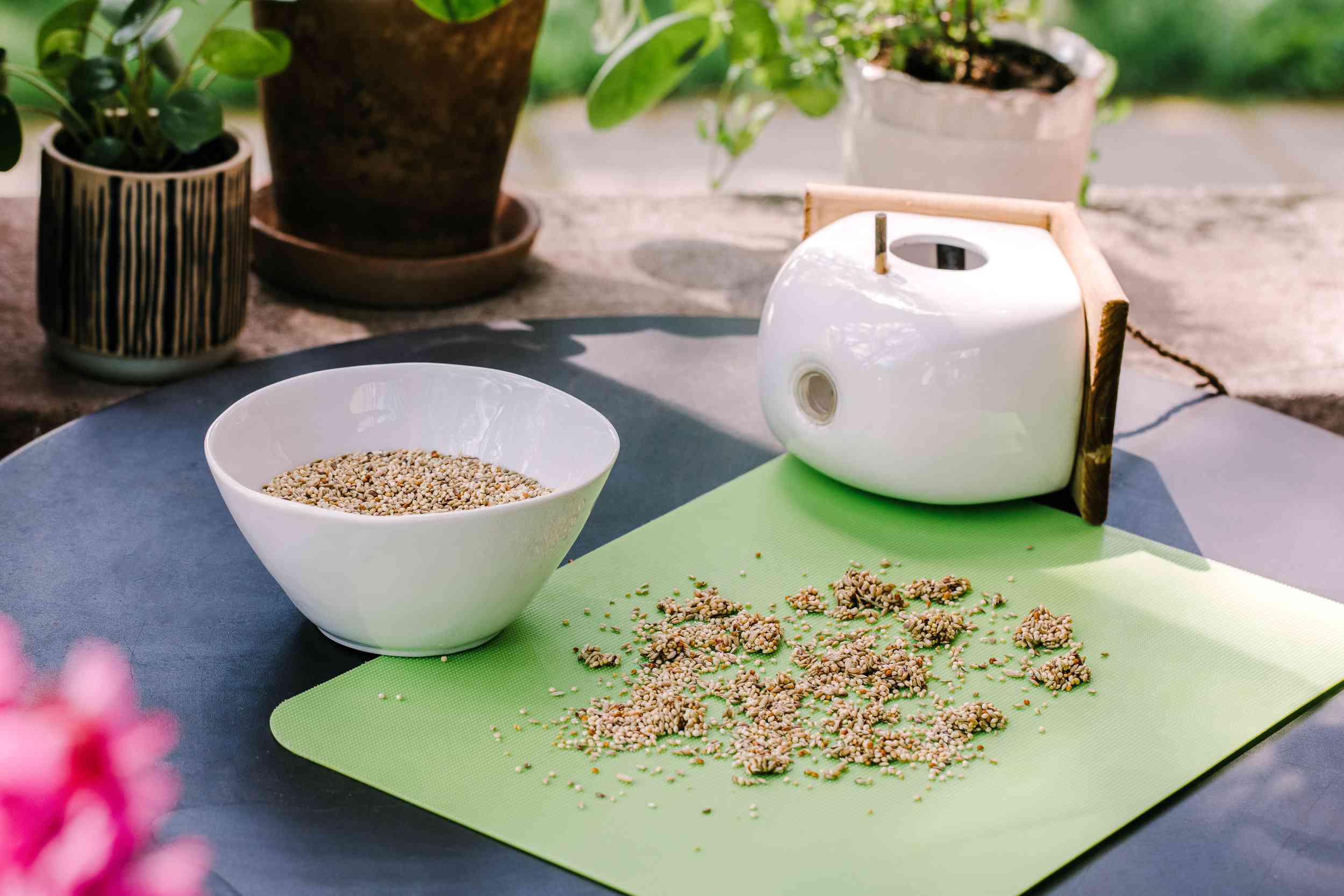
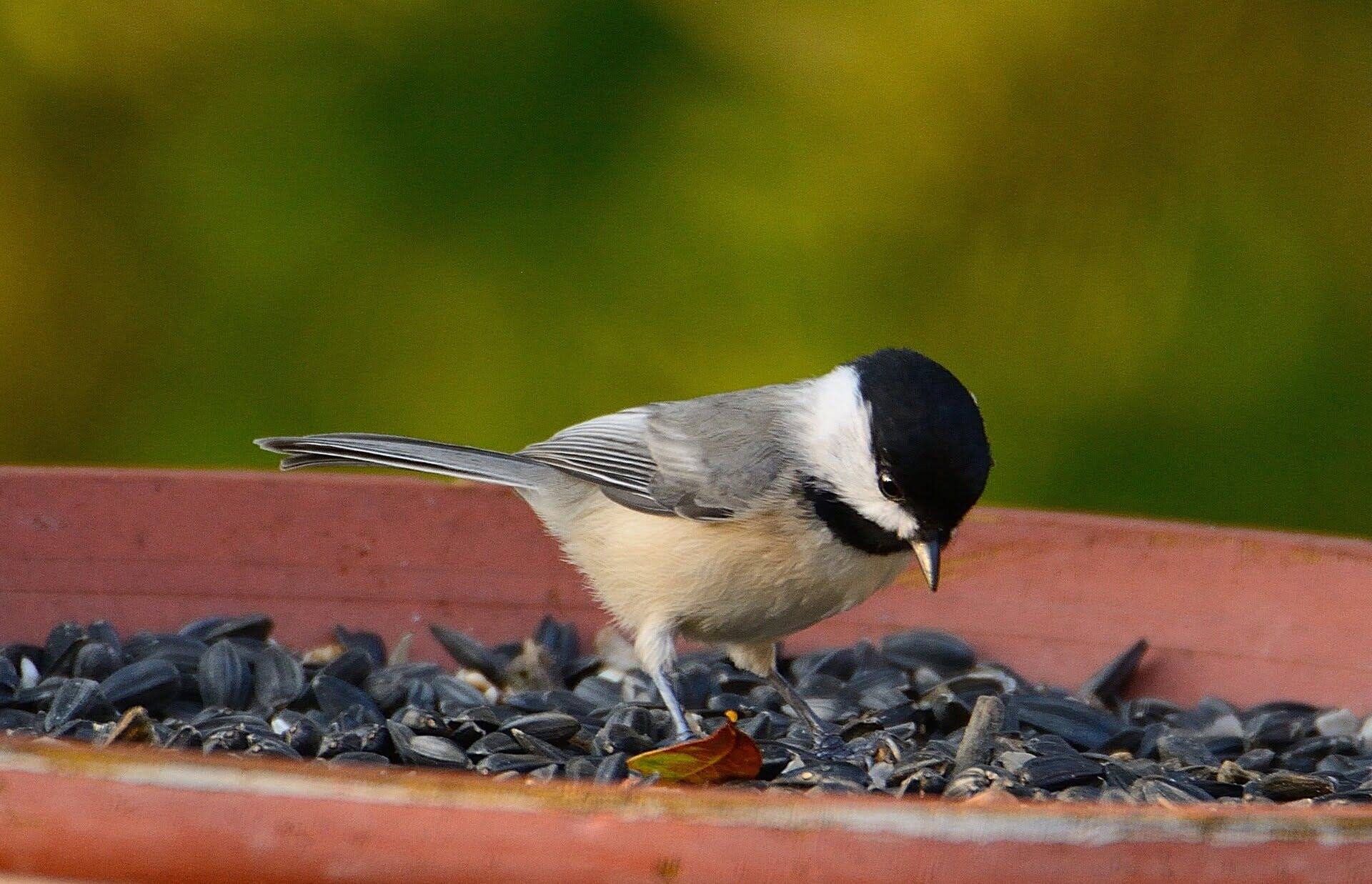
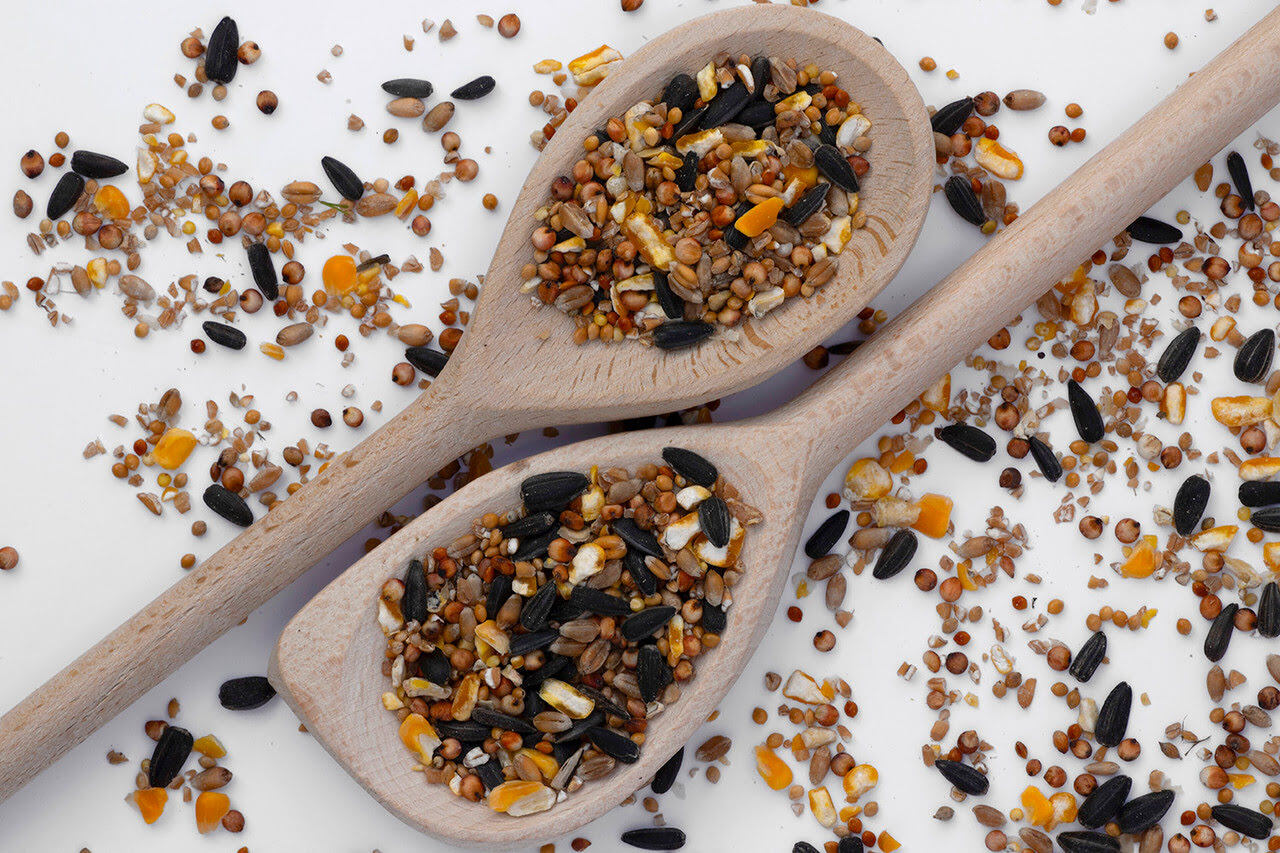

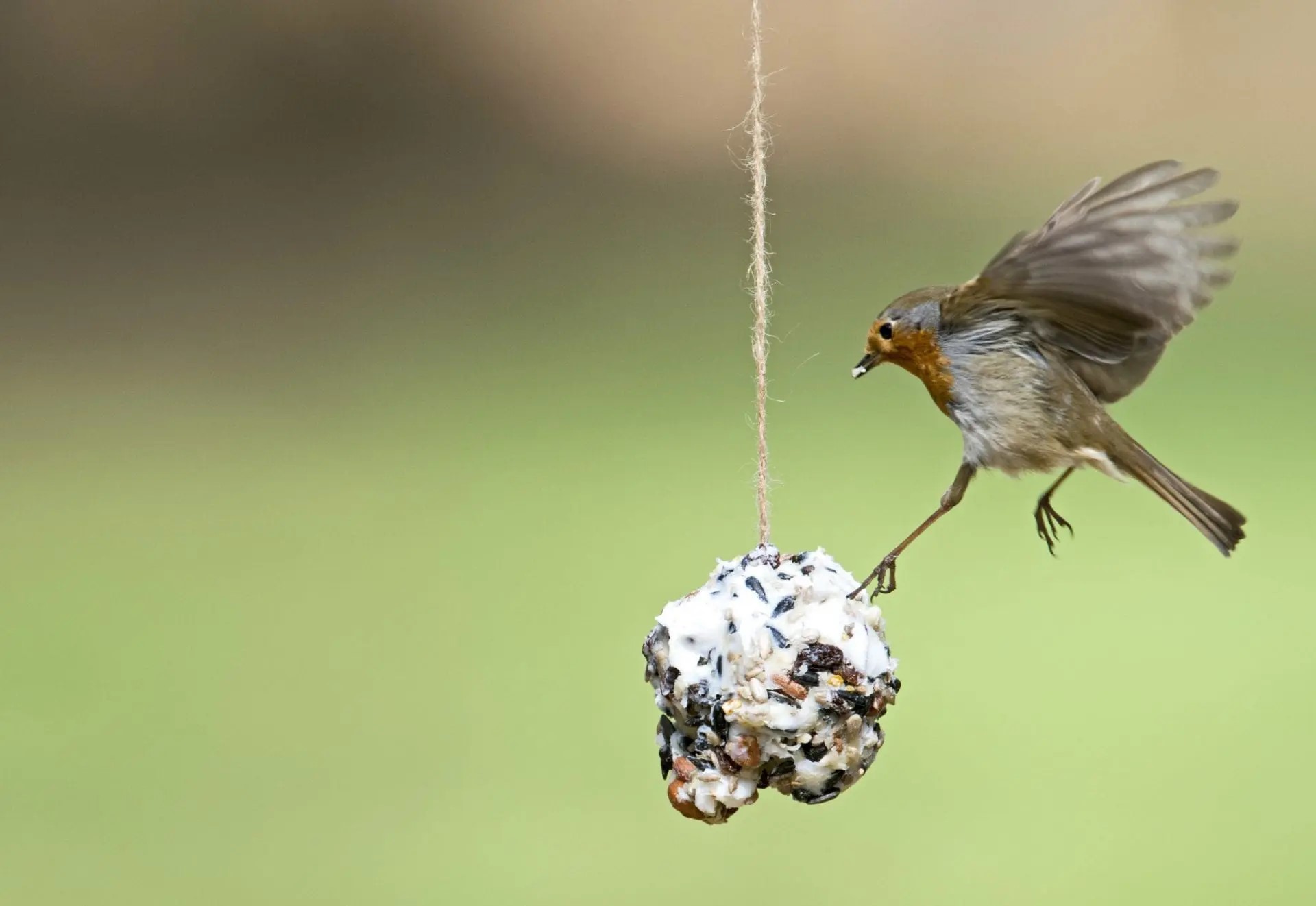
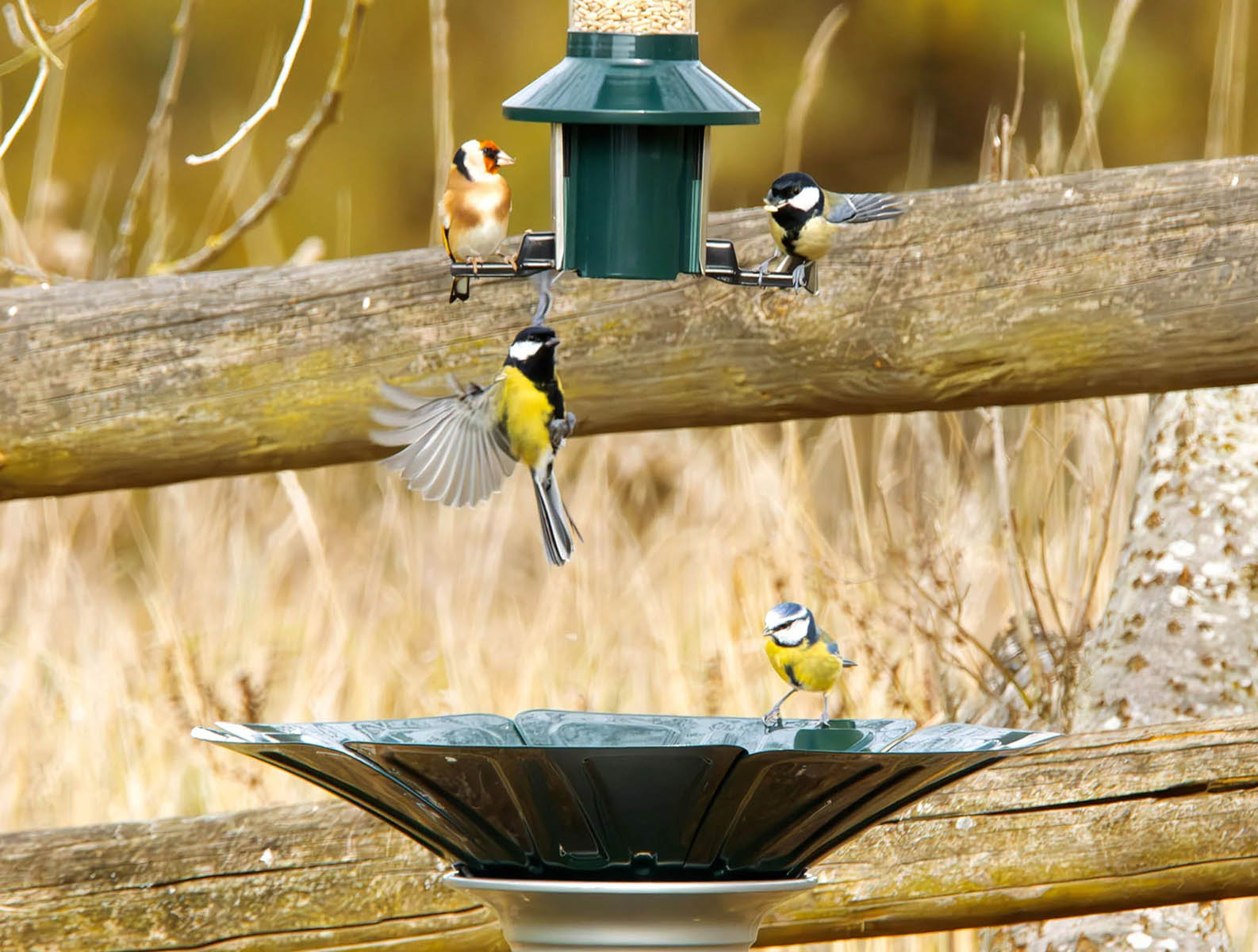
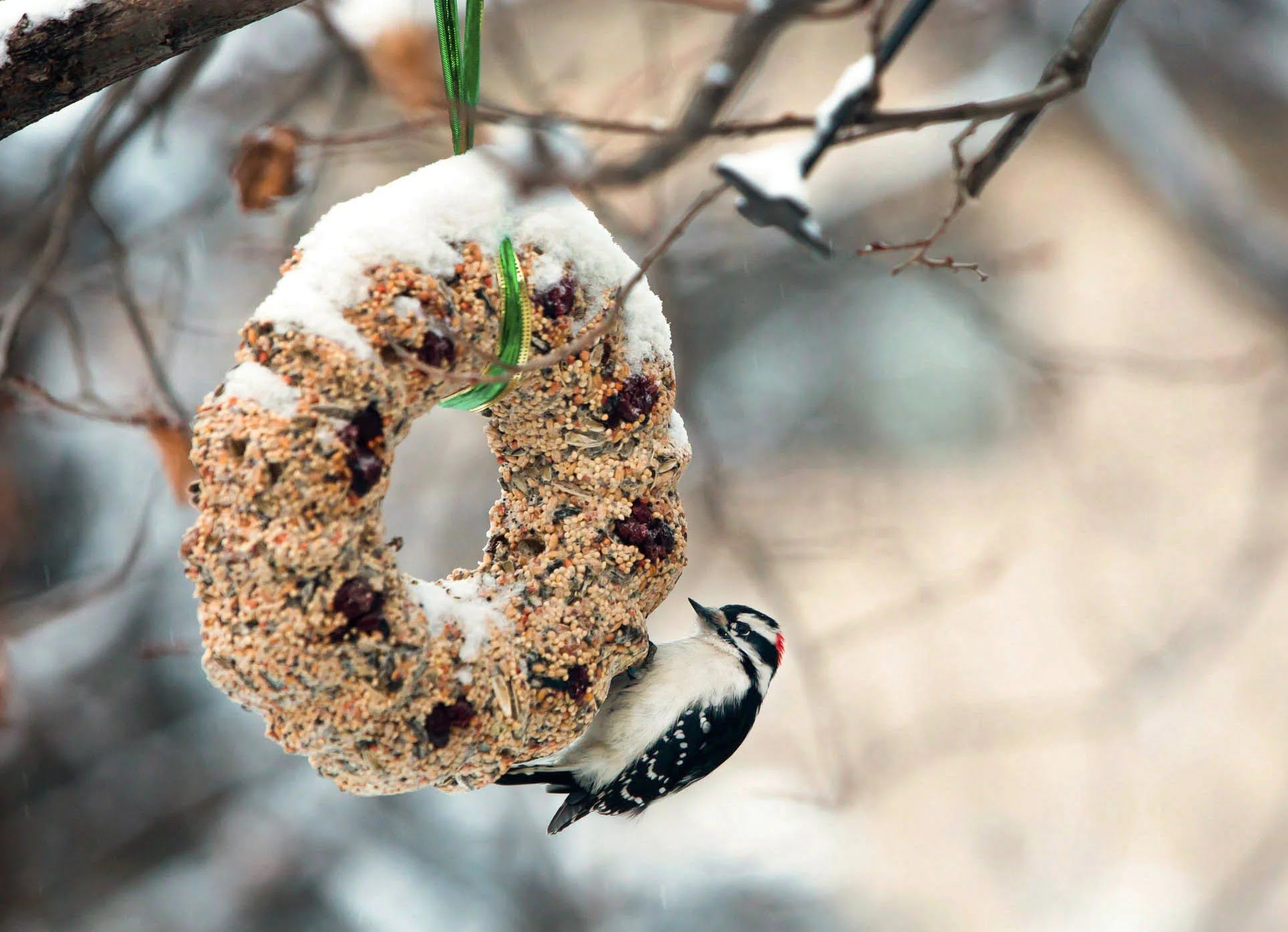
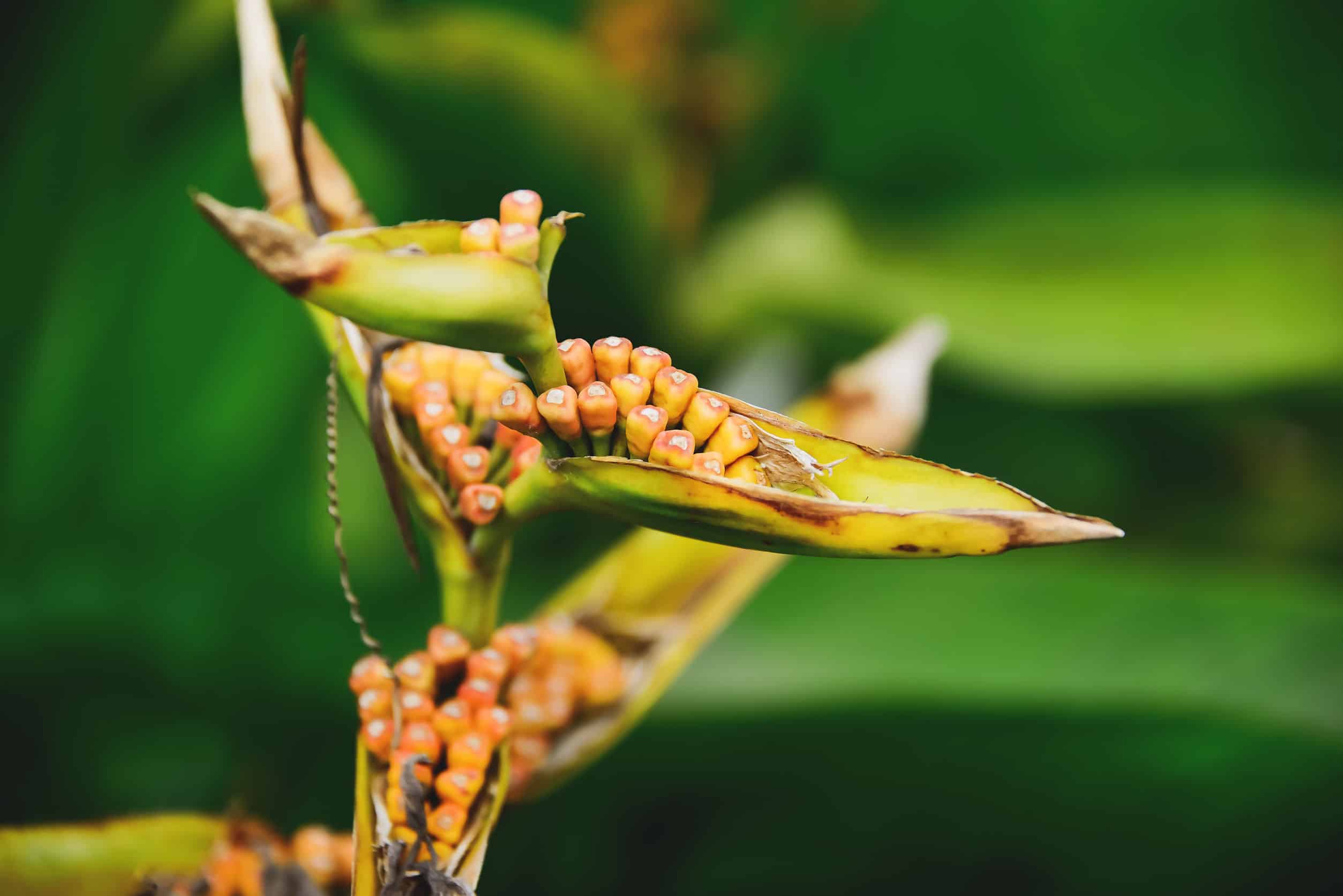
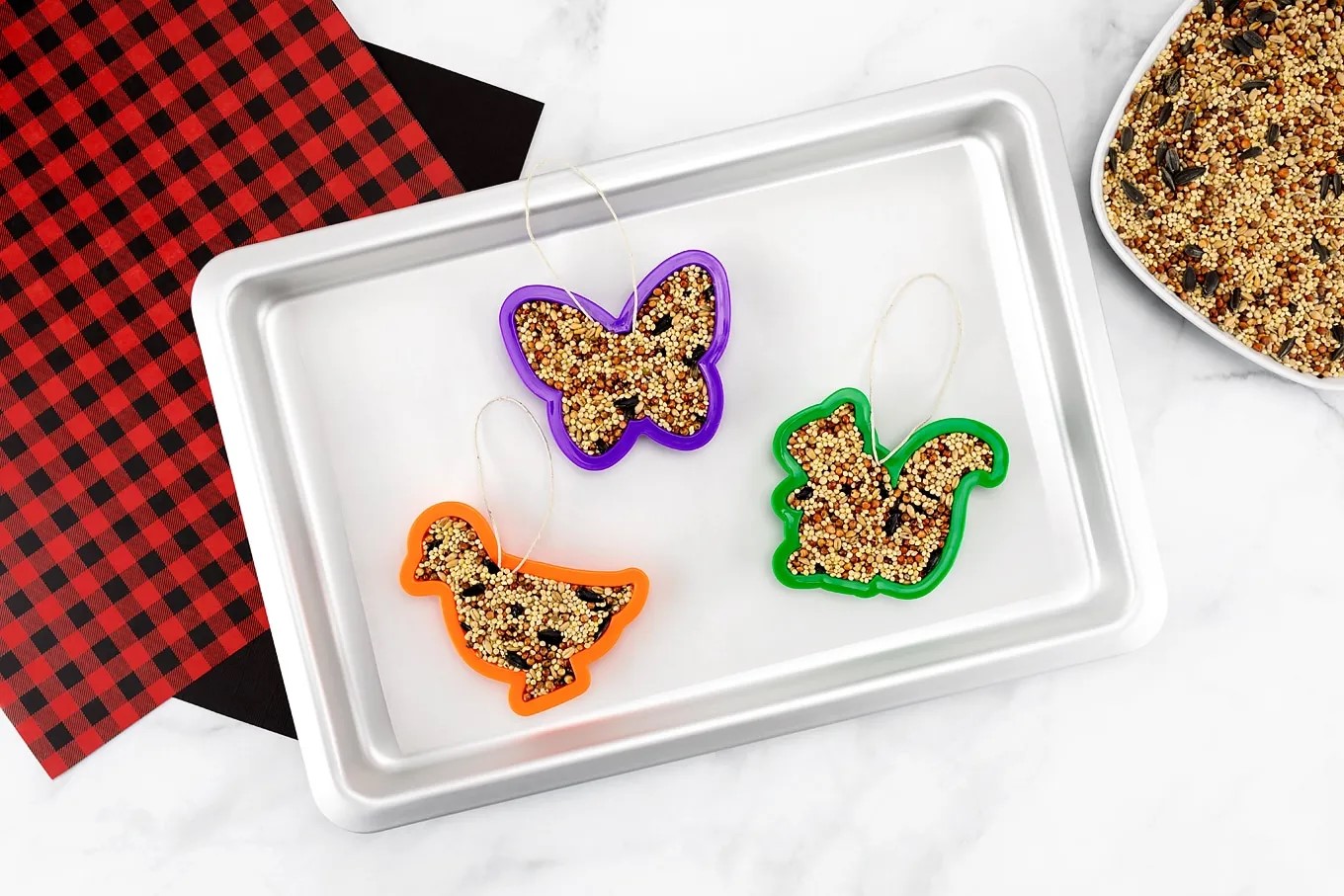
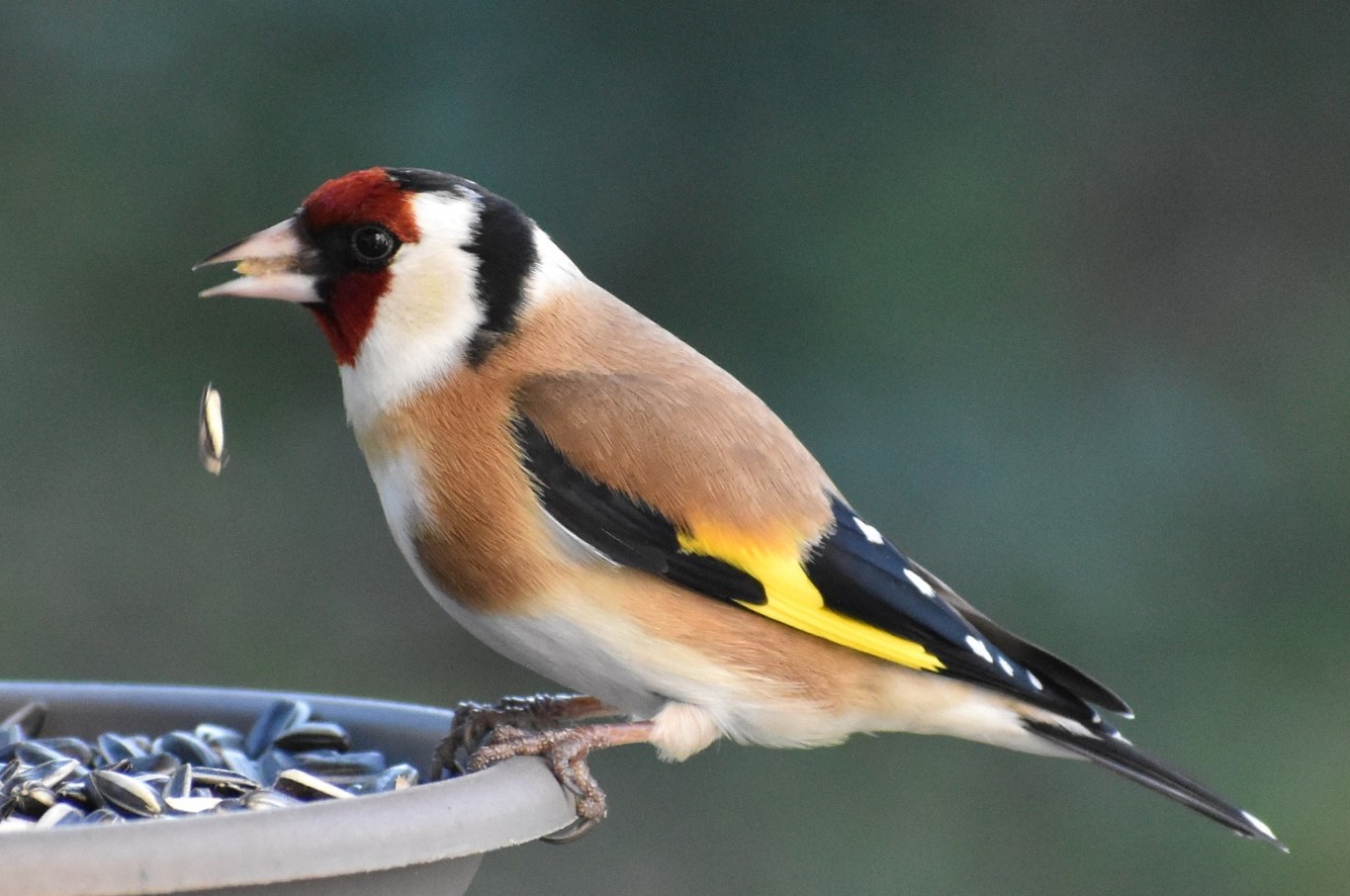
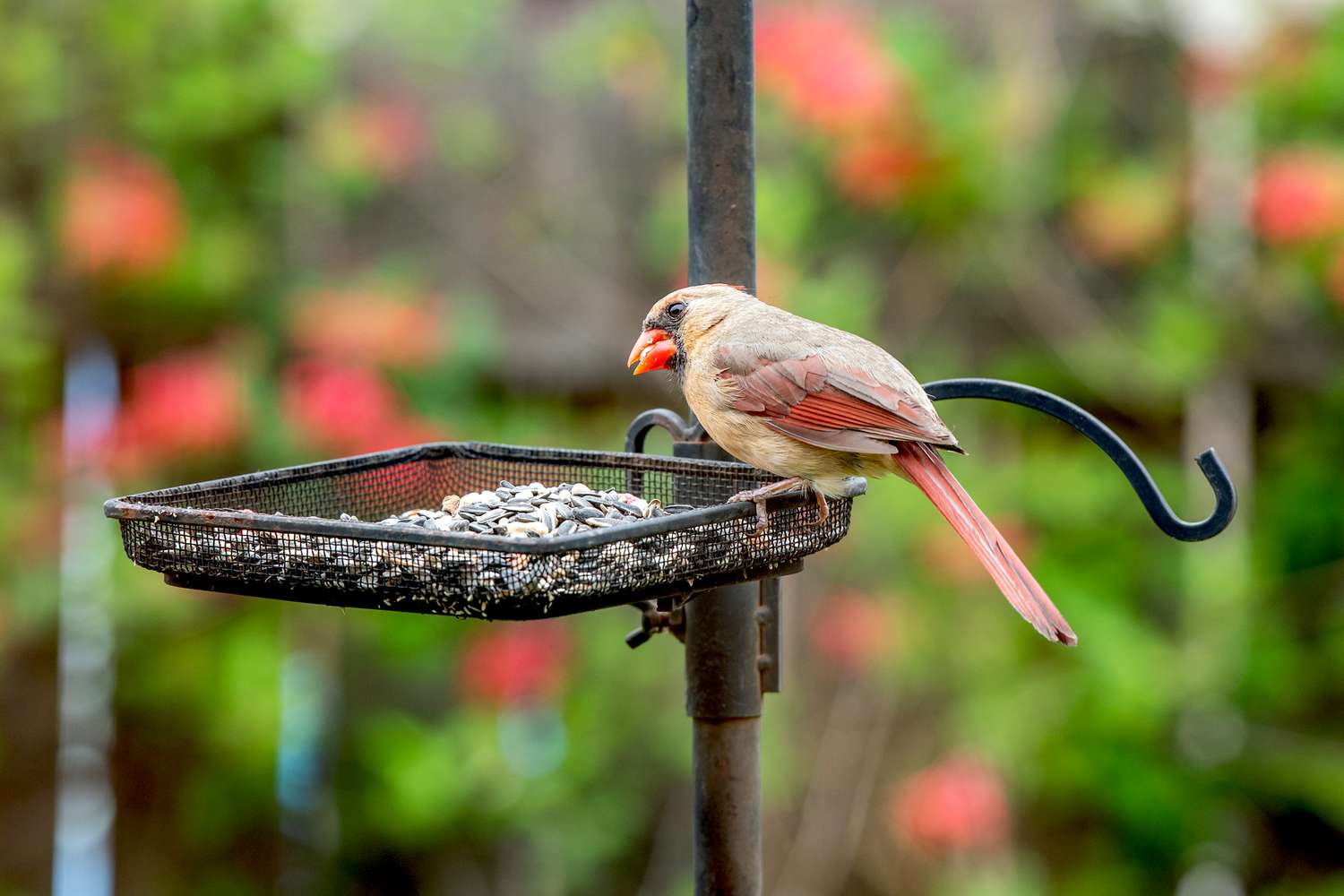
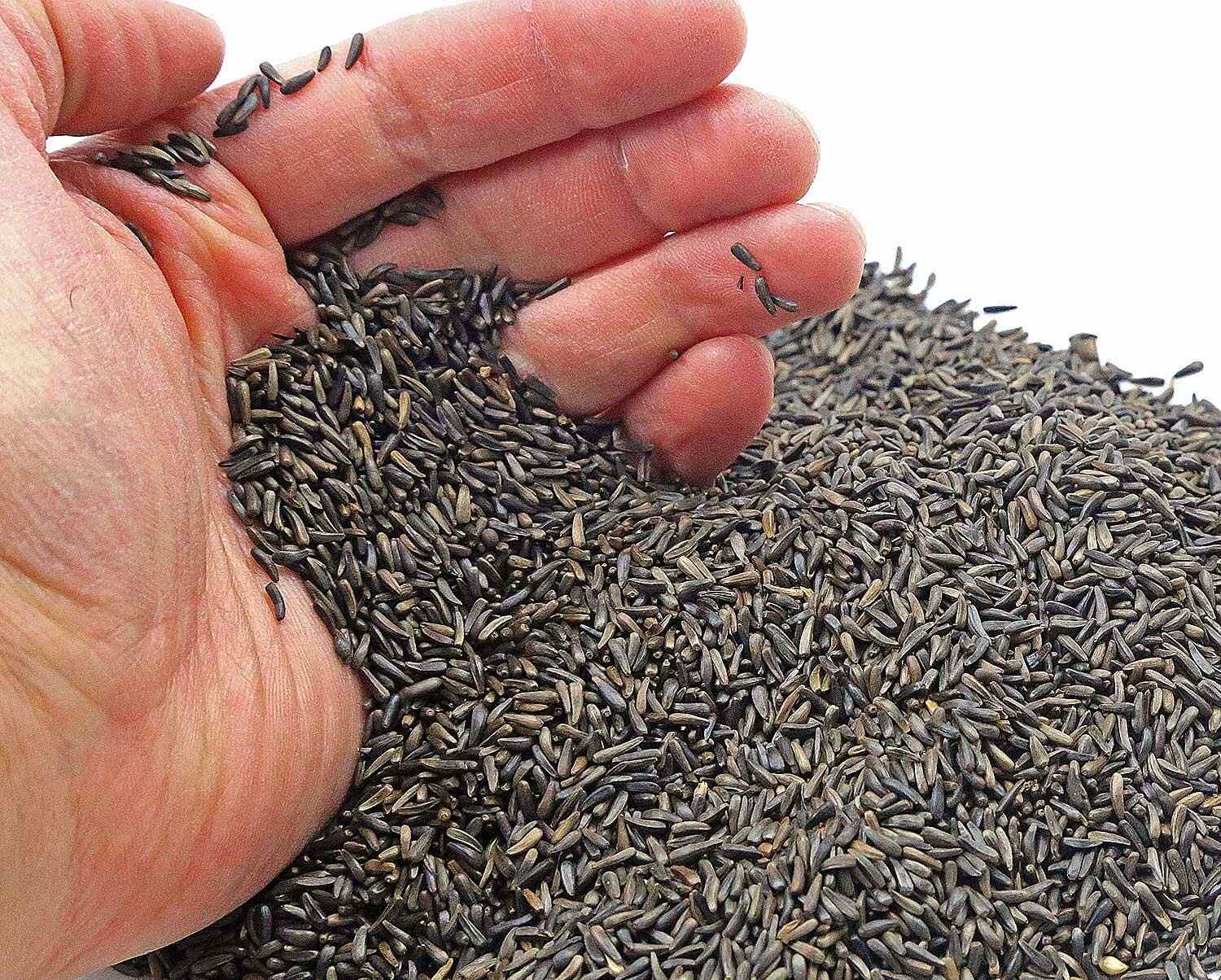
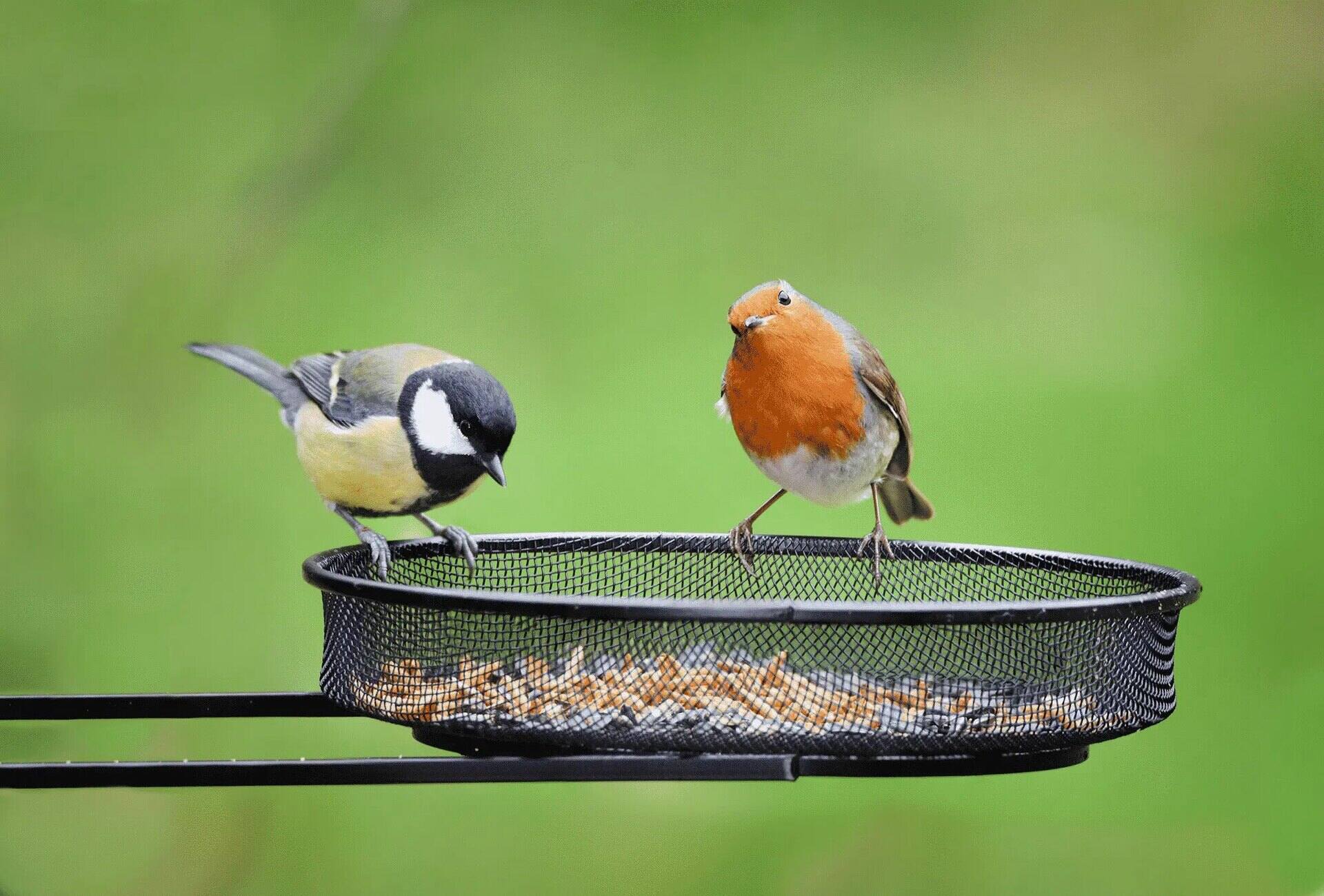
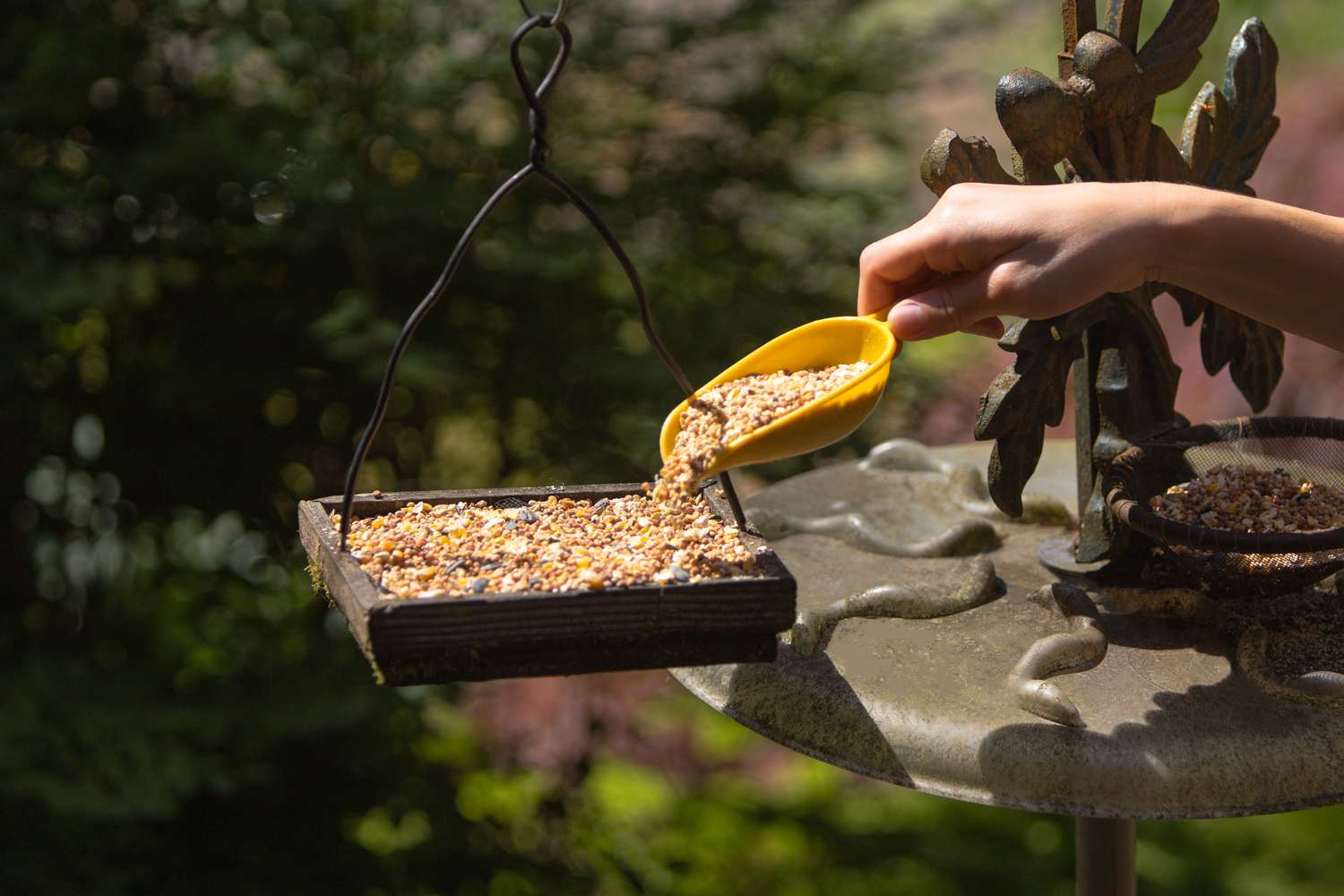

0 thoughts on “How To Store Bird Seed”